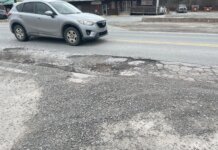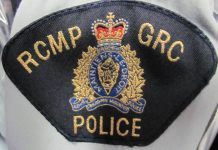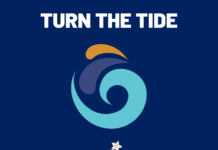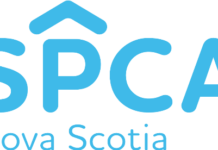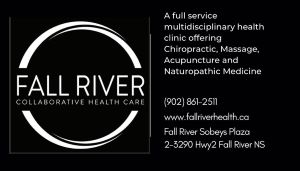HALIFAX: Nova Scotians will see COVID-19 restrictions ease further and an evolving approach to testing and case and contact management starting next week.
At 12:01 a.m. on Monday, March 7, Phase 2 of the Province’s reopening plan begins. The main changes are increases in gathering and capacity limits.
Details on Phase 2 can be found here: https://novascotia.ca/reopening-plan/phase-two/
Nova Scotia is also recommending the use of rapid tests to help protect people at increased risk of severe disease. People who are older or immunocompromised and those who live with them or are around them are encouraged to do occasional or regular rapid testing, even if they don’t have symptoms.
“Epidemiology is improving and restrictions are gradually lifting, but the pandemic is not over and we need to continue to evolve our testing strategy,” said Dr. Robert Strang, Chief Medical Officer of Health for Nova Scotia. “Through the Omicron wave, rapid tests were used mainly to diagnose COVID-19 among close contacts and people with symptoms.
“We are now encouraging Nova Scotians to also use rapid tests as a way to help protect vulnerable people in our communities as we move toward a state of living with COVID-19.”
Changes to the isolation requirements for people with COVID-19 and their contacts will also take effect on Monday:
People who test positive
Regardless of age or vaccination status, people who test positive will need to isolate for seven days from when their symptoms began (or from the date of their positive test if they did not have symptoms). They can stop isolating on the eighth day as long as they don’t have symptoms or symptoms are improving and they’ve had no fever for 24 hours. They will no longer be asked to notify any contacts outside their homes.
Contacts with no symptoms
There will no longer be isolation or testing requirements for contacts who do not have symptoms. Contacts of people who test positive for COVID-19 are not required to isolate or get tested but should monitor for symptoms. If the contact lives with the person who tests positive, the contact is not required to isolate or get tested but should monitor for symptoms and testing is recommended.
People with symptoms
People who live with someone who tests positive for COVID-19 and develops symptoms will need to isolate and test immediately, and then do a second test 72 hours later. If using rapid tests, a third test is required 48 hours after the second. People can leave isolation if all tests are negative, symptoms are improving and they’ve had no fever for 24 hours.
There is no change for people who do not live with a person who tested positive for COVID-19 and develop symptoms – they still need to isolate and test immediately. If using rapid tests, a second test 48 hours after the first is required.
Anyone who tests positive with a rapid test can get that result confirmed with a PCR test if they wish.
People can leave isolation if all tests are negative, symptoms are improving and they’ve had no fever for 24 hours. The Nova Scotia Health Authority website will be updated with more details at: https://www.nshealth.ca/coronavirus
Anyone who is still within 90 days of recovering from a confirmed case of COVID-19 does not have to isolate or test. If they develop symptoms during that period, they should still stay home because they are sick with something (such as a cold or flu) and should avoid spreading it to others.
Additional Resources:
Nova Scotia’s three-phase reopening plan: https://novascotia.ca/reopening-plan
Nova Scotia coronavirus website: https://novascotia.ca/coronavirus/
COVID-19 testing and online booking: https://novascotia.ca/coronavirus/symptoms-and-testing/
[adrotate banner=”84″}

